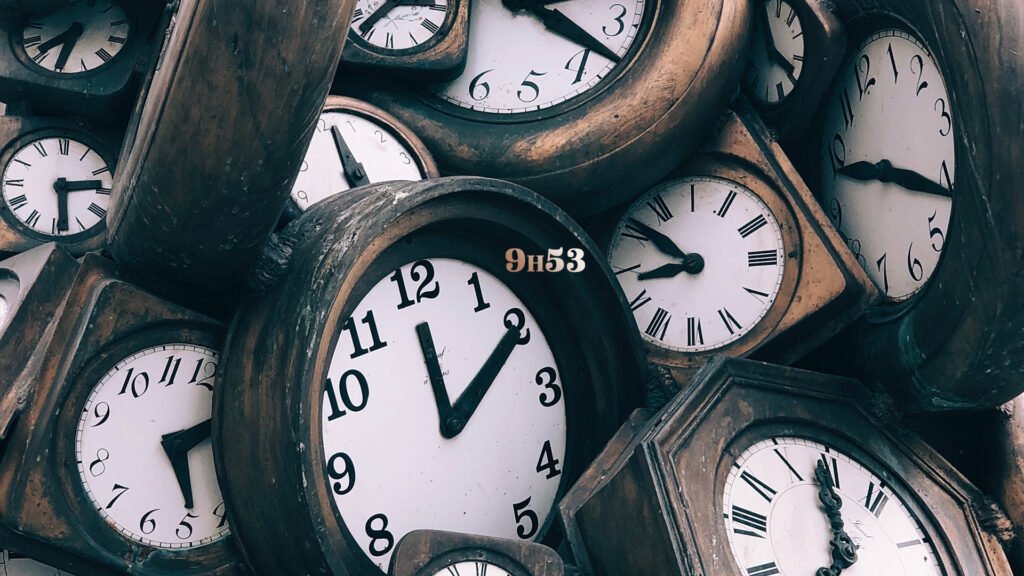Short Story by Iacyr Anderson Freitas
Translated from the Portuguese by Desirée Jung
From minimum one also lives
Fernando Fiorese
Click here to download the text.
He had a very important meeting at 11 a.m. and there were still a hundred kilometers to go. A terrible highway, apparently abandoned, where the undergrowth had already taken the entire shoulder extension and from where, now and then, through the dead fractures of the asphalt, the dry branches shook its bony arches.
It had been a while since a road sign, a house or a gas station was seen. No other car passed, by the way. He was alone and, on his account, very late. It was risky going through there, such a precarious and unknown stretch, at a hundred and twenty kilometers per hour.
But now he had no choice. Why did he listen to the advice of a truck driver? Rather he bore a few kilometers more on the main road, lit in red on the map where that short cut didn’t even appear, if it had been chosen.
Turning his wrist, he tried again to check the time. His watch brought him a strange heat. There it was the same previous mark, useless. The pointers thrust in the dark clay of time, inert and cold. Nine fifty-three.
In absolute consonance with that strange place, even his wrist compass showed no more sign of life. Feeling a slight pressure on his shoulders, he noticed, enjoying himself a bit, that the force which moved that small set of gears, with its mute fire of minutes and seconds, had been, like everything else, lost in some remote point of the road. “Time remained on the way, in the past, from where it might no longer be rescued.”
That absurd idea, which came to his head as a joke, caused him a delicate discomfort. As if an invisible current pulled him, little by little, to forgetfulness. He looked at his watch again. Nine fifty-three. The collapsed and empty road, the thick undergrowth narrowing the black asphalt spine, the car at a hundred and twenty kilometers per hour and he having to guess the time through the position of the sun or its shadow. Certainly, this wasn’t the best of the worlds.
His discomfort grew more and more. That strangeness of having to remove his watch without a warning, and, costly, squeeze from his own face the juicy weld of the years.
Like, suddenly, being obliged to have lunch only when hungry, for example. Go to work only because there is really a serious reason for going to work – and not because the opening sky is of a Tuesday and it’s already seven thirty in the morning.
Be forced to consult some of the other infinite clocks that strike inside his body, the bones, tearing the skin of his arm or neck minute by minute. From the deep of his abandonment, something told him that the world had been like this once. That others had measured the succession of time by the course of winds or rains.
That this permission was a vertiginous and terrible happiness. And that it was needed, to keep winning each meter of that strange road; it was of the utmost importance, from that moment until the end of his days, to move it immediately away from his eyes, whatever the cost.
Short Fiction published in The Flexible Persona.

 Português
Português
